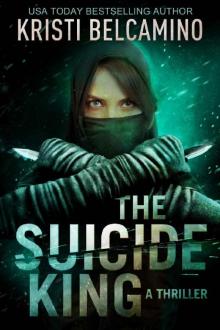 The Suicide King
The Suicide King Blood & Roses (Vigilante Crime Series)
Blood & Roses (Vigilante Crime Series)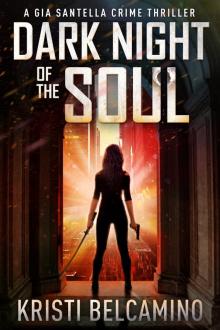 Dark Night of the Soul
Dark Night of the Soul Forgotten Island
Forgotten Island Queen of Spades
Queen of Spades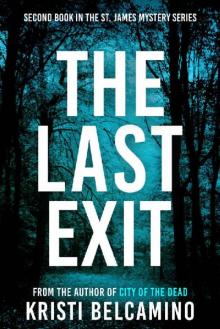 The Last Exit: A St. James Mystery (St. James Mysteries Book 2)
The Last Exit: A St. James Mystery (St. James Mysteries Book 2)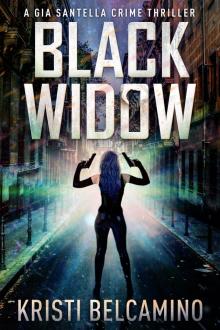 Black Widow
Black Widow Blood & Fire (Vigilante Crime Series Book 2)
Blood & Fire (Vigilante Crime Series Book 2) End Game
End Game Buried Secrets
Buried Secrets Death on Sunset Hill (A Tommy St. James Mystery Novella Book 2)
Death on Sunset Hill (A Tommy St. James Mystery Novella Book 2)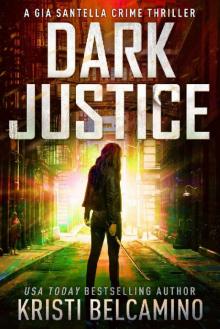 Dark Justice
Dark Justice Dead Wrong
Dead Wrong No Way Out
No Way Out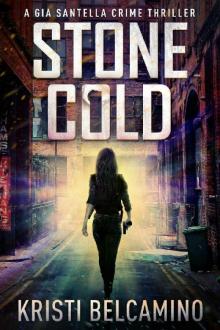 Stone Cold
Stone Cold Dark Vengeance
Dark Vengeance Dark Shadows (Gia Santella Crime Thrillers Book 11)
Dark Shadows (Gia Santella Crime Thrillers Book 11)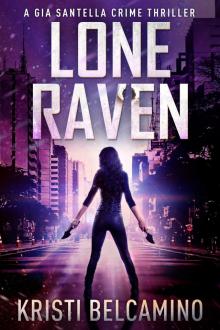 Lone Raven
Lone Raven![[Gia Santella 01.0] Gia in the City of the Dead Read online](http://i1.bookreadfree.com/i/03/16/gia_santella_01_0_gia_in_the_city_of_the_dead_preview.jpg) [Gia Santella 01.0] Gia in the City of the Dead
[Gia Santella 01.0] Gia in the City of the Dead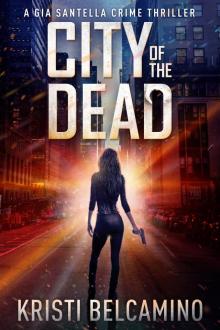 City of the Dead
City of the Dead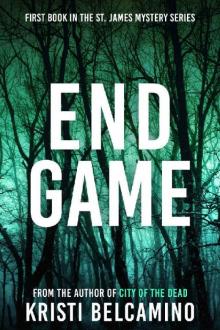 END GAME: A St. James Mystery (St. James Mysteries Book 1)
END GAME: A St. James Mystery (St. James Mysteries Book 1) Tommy St James Mysteries Boxed Set
Tommy St James Mysteries Boxed Set One-Eyed Jack
One-Eyed Jack Gia and the Lone Raven
Gia and the Lone Raven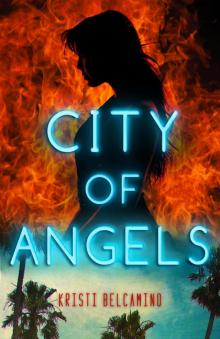 City of Angels
City of Angels Taste of Vengeance
Taste of Vengeance Gia Santella Crime Thriller Boxed Set: Books 1-3 (Gia Santella Crime Thrillers)
Gia Santella Crime Thriller Boxed Set: Books 1-3 (Gia Santella Crime Thrillers) Death under the Stone Arch Bridge
Death under the Stone Arch Bridge Blessed are the Meek
Blessed are the Meek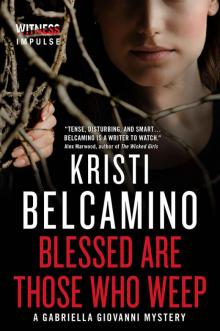 Blessed Are Those Who Weep
Blessed Are Those Who Weep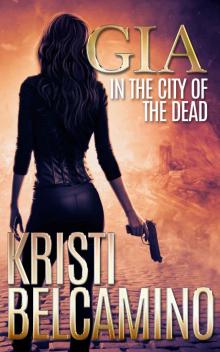 Gia in the City of the Dead
Gia in the City of the Dead Gia and the Lone Raven (Gia Santella Crime Thriller - Novella Book 4)
Gia and the Lone Raven (Gia Santella Crime Thriller - Novella Book 4) Blessed are the Merciful
Blessed are the Merciful Blessed are the Peacemakers
Blessed are the Peacemakers Gia and the Forgotten Island (Gia Santella Crime Thriller Book 2)
Gia and the Forgotten Island (Gia Santella Crime Thriller Book 2) Blessed are the Dead
Blessed are the Dead Death on Sunset Hill
Death on Sunset Hill